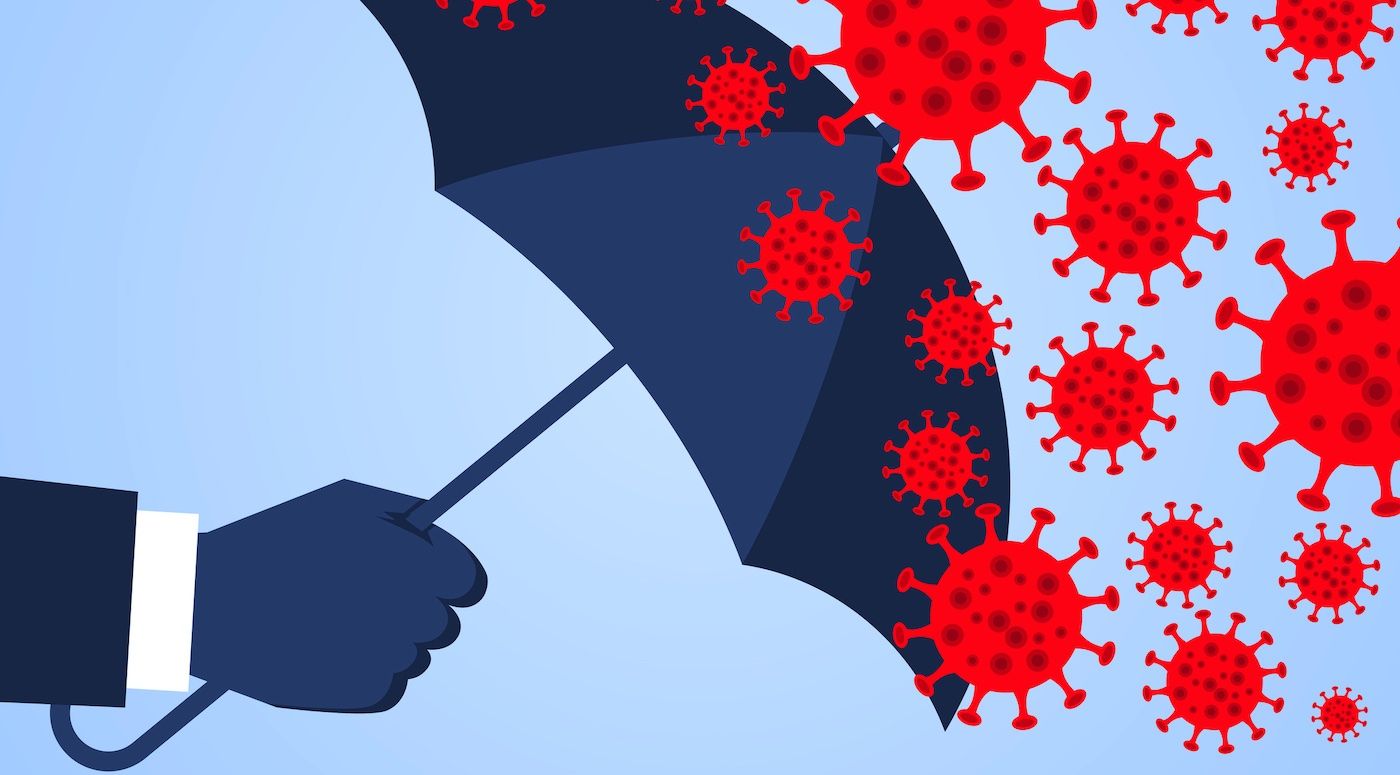flu and covid vaccines, yes. but don't ask an ontario pharmacist for an rsv vaccine
restrictions on ontario pharmacists when it comes to administering new vaccines, like the one to prevent the respiratory syncytial virus, has experts worried about the next "tripledemic."
covid-19 vaccines more effective than 'natural immunity' in protecting against death, hospitalization, er visits: study
while those who previously had covid-19 were slightly less likely to contract covid-19 again, the vaccinated were far less likely to be hospitalized or die, according to data from indiana.
is it rsv or covid-19?
symptoms of respiratory syncytial virus are similar to covid, making it hard to tell the difference.
 8 minute read
8 minute read




















